FAQ: 2020 Farm Requirements
A detailed FAQ about the Rainforest Alliance 2020 Sustainable Agriculture Standard Farm Requirements.
Home / Business / Certification / Page 44
Certification has had a huge impact in bringing sustainability to the forefront of business thinking, but it must continue to evolve to provide more value to farmers and companies and ensure that people and nature can thrive in harmony.
That's why the Rainforest Alliance launched its new Certification Program, which entered into force in July 2021. The Sustainable Agriculture Standard, along with its assurance and technology systems, are data-powered, and based on the principles of continuous improvement, risk-based assurance, contextualization, and shared responsibility. This is how we can deliver more value to the two million farmers and thousands of businesses that use Rainforest Alliance certification to drive more sustainable agricultural production and responsible supply chains.
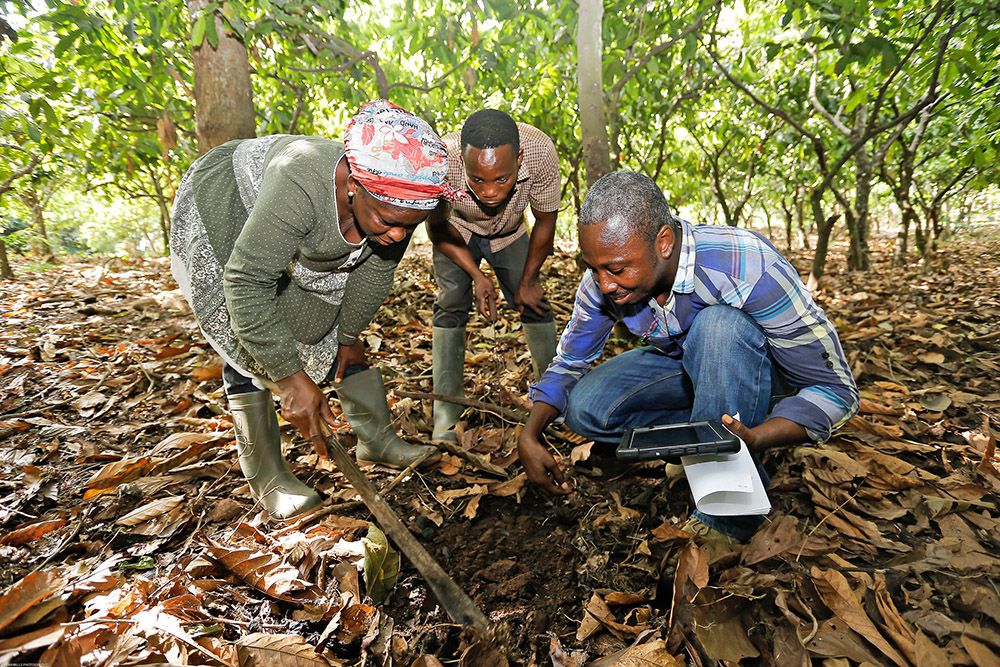
The certification program is part of the Rainforest Alliance’s strategy to drive sustainability at scale in the sectors in which we operate through interconnected interventions supporting certification, tailored supply chain services, landscapes and communities, and advocacy.
Key priorities of our cocoa strategy are assurance, shared responsibility, supply chain transparency, and profitability and resilience.
How we have tailored the implementation and verification of standards requirements on child labor and forced labor to the risk exposure of each farm.
Our shared responsibility approach aims to distribute benefits and costs of certification more evenly between farmers and companies.
Begin your journey of certification with the Rainforest Alliance.
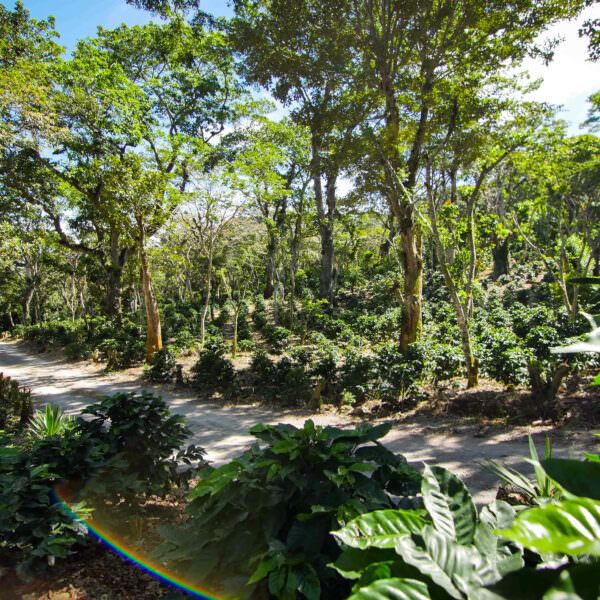
A detailed FAQ about the Rainforest Alliance 2020 Sustainable Agriculture Standard Farm Requirements.
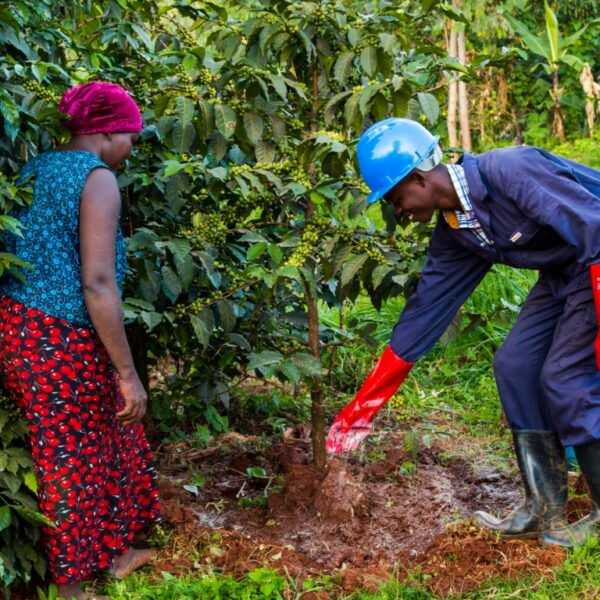
Find out what Ugandan coffee exporter, Kyagalanyi Coffee, had to say about the new program—from the improvements to the challenges.
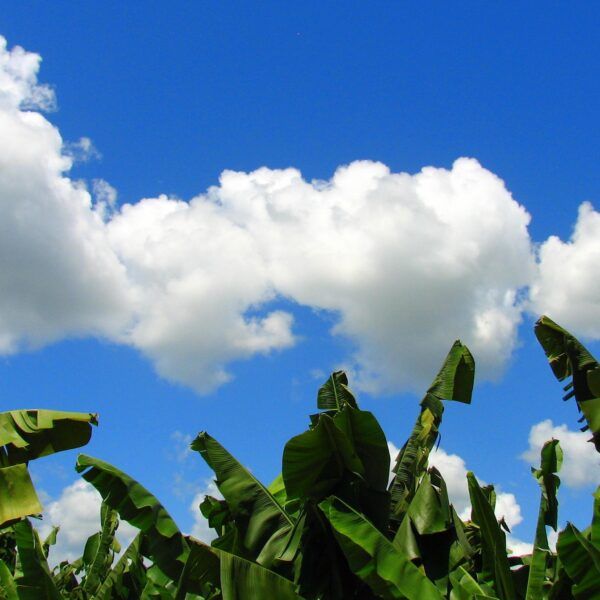
After teaming up for an early implementation pilot of our strengthened certification program, both Finca Esmeralda and the Rainforest Alliance took away learnings that will contribute to a more sustainable banana sector.
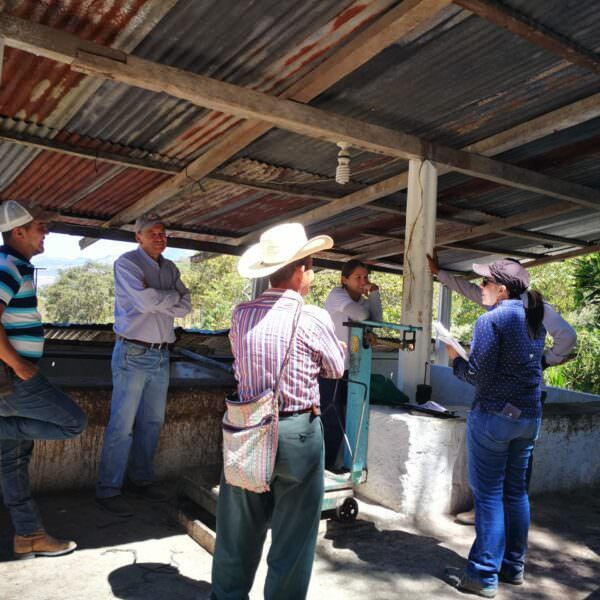
Rainforest Alliance certification is carried out by our authorized certification bodies. Find an authorized certification body in your county.

Instead of a standalone climate chapter or requirement, the 2020 Certification Program is now inherently oriented towards climate-smart agriculture with a focus on adaptation and resilience. The relevant climate-smart aspects are now embedded throughout the new standard’s Farm Requirements.
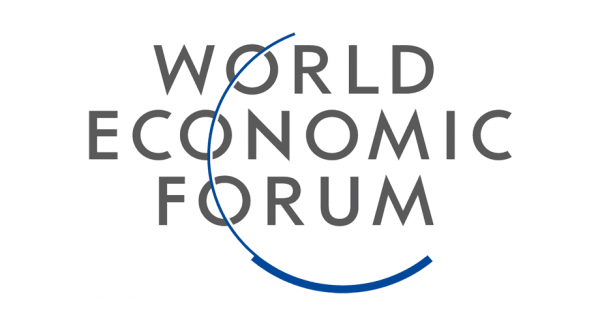
The pandemic has focused attention on how dependent we all are on what happens in other parts of the world for the products we use every day. Current innovations in sustainability certification can help build more resilient supply chains through a stronger focus on continuous improvement, transparency and shared responsibility.

The Rainforest Alliance’s improved certification system will adopt an “assess and address” model, which goes much further than a simple prohibition approach in its ability to drive change on human rights. Read this position paper to learn more about the “assess and address” model.
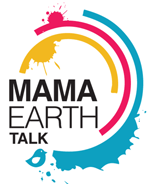
In this podcast, Mariska Nell talks to Melanie Mokken who's the Market Development Manager for Rainforest Alliance for the Australian and New Zealand market.

The 2019 Impacts Report synthesizes recent independent research on how Rainforest Alliance and UTZ certification affects farmers, farm workers and ecosystems. The report also draws on our rich experience in the field, sharing lessons about the effectiveness of our strategies in the diverse regions where we work. With sections on each of the Rainforest Alliance’s […]
